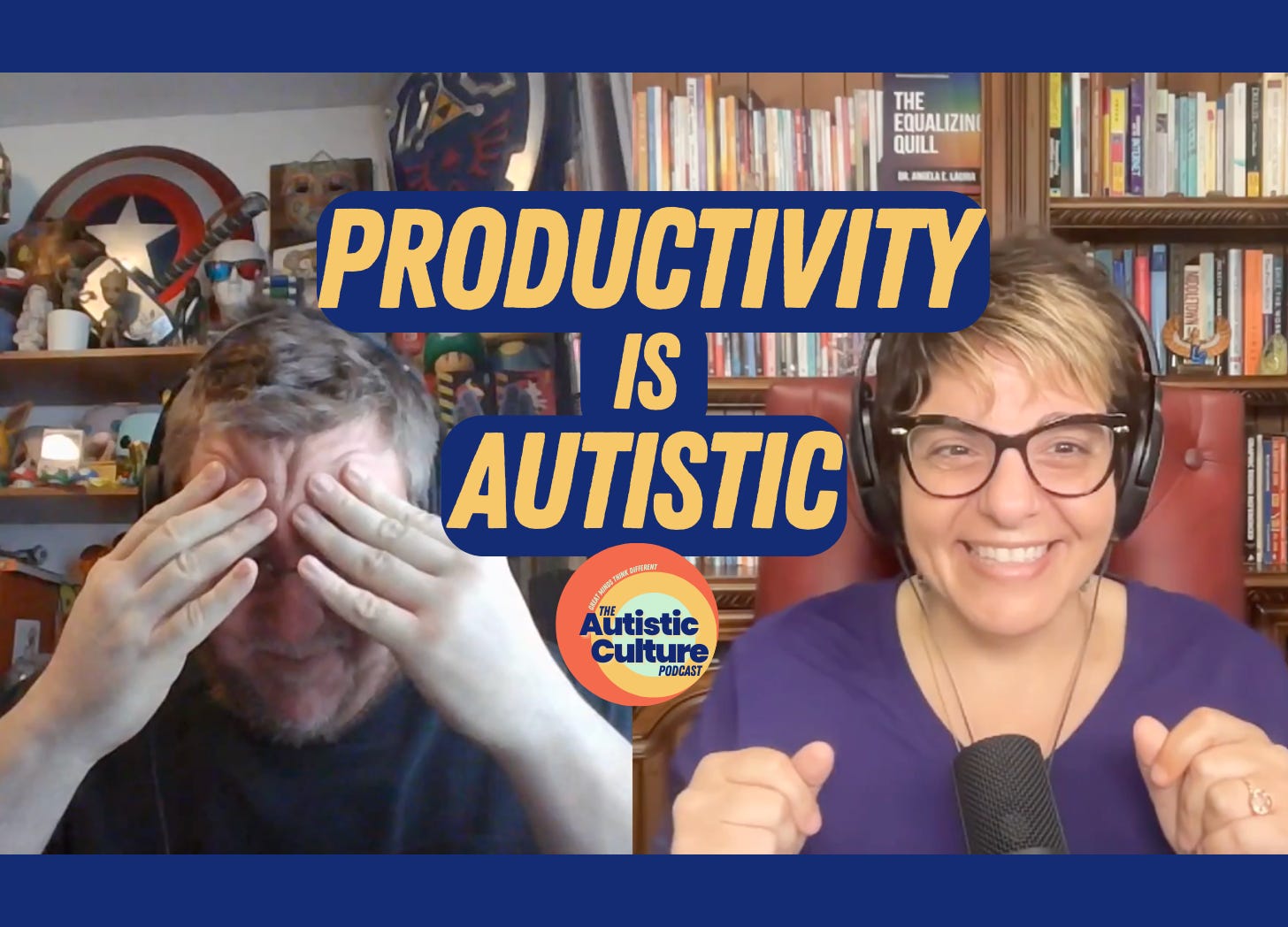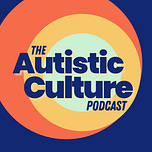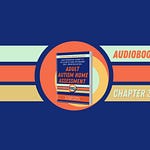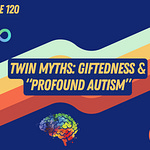
Join Dr. Angela Lauria and Matt Lowry, LPP as they discuss the popular self-help book, "Atomic Habits," by James Clear, and how its behaviorist approach to habit formation does not work for autistic people (children or adults) and share a more neuro-affirming approach to productivity.
They explain how autistic people take a ‘hard pass’ on synaptic pruning, which makes forming unconscious habits difficult—if not impossible. Autistic individuals need to consciously think through actions—sometimes, even breathing! This makes typical “habit stacking” techniques ineffective and potentially harmful.
“Because we don't weed out our synapses, studies have shown, that we do not make habits. Everything we do has to be a conscious effort.” —Matt
The hosts critique the high value neurotypical society puts on productivity, which makes NTs happy to profit off of autistic hyperfocusing, but unwilling to accommodate autistic work needs or recovery from burnout. They also discuss how internalizing ableist ideas related to hyper-productivity affects autistic mental health and wellbeing.
“And this fits very nicely in America—into our Puritan work ethic: the bootstraps, the productivity gospel, the idea that your value is tied to your productivity. And so when we're being super productive in our special interest, we feel good. And, when we are in a place where we can't—I don't know—remember to brush our teeth, or take our medicine, or go to the gym, or drink water, then we feel like, oh, we are worthless. We are less valuable as humans.”
—Angela
They recommend embracing autistic monotropism—specializing in Flow states around special interests when possible, while resting and practicing self-care at other times. Rigid schedules and habits often backfire and lead to meltdowns and Autistic burnout.
Tips include working from home, taking midday naps and breaks, avoiding energy deficit, and asking for accommodations. Simple tools, such as providing visual aids and reminders, are easy ways that others can help support the autistic community.
The podcast hosts conclude that productivity looks different in Autistic Culture but can be achieved by honoring autistic ways of being, and not forcing neurotypical norms that cause distress. Greater acceptance of diversity is needed.
How do you honor unmasked, authentic Autistic productivity? Tell us in the comments!
Related episodes…Episode 13: Labels & Autism and learn about a neurodiversity affirming workplace in…Episode 04: Industrial Light & Magic
Apple is Autistic - Episode #7, which discusses NT culture capitalizing on Autistic productivity, and then failing to accommodate and include less “profitable” Autistic traits and needs.
Follow us on Instagram
Leave us some stars on Apple podcasts and Spotify
Matt’s social media: Autistic Connections Facebook Group
Our Autism-affirming TeePublic merch shop
















Share this post